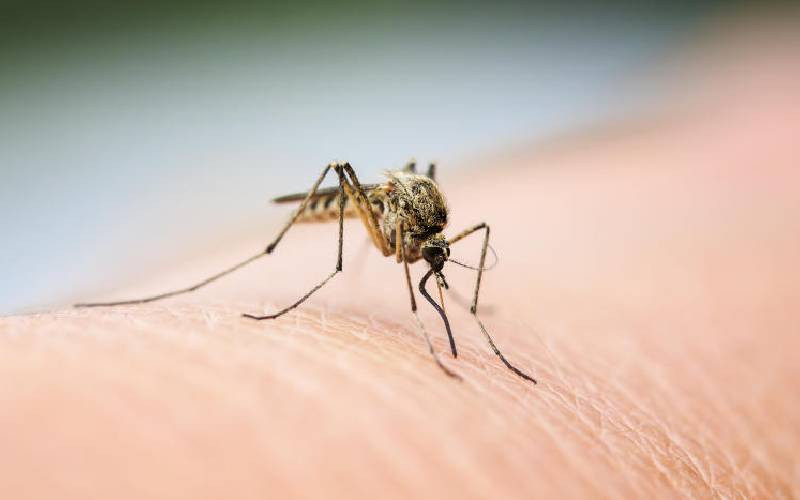
At one o'clock on the morning of February 7, Hellen Robai woke up with bouts of diarrhoea and vomiting.
"Kutapika na kuhara mpaka nikaishiwa na nguvu (experiencing vomiting and diarrhoea to the point of feeling weak)," she says.
About three hours later, Robai says her whole body was in intense pain. "I had a bad headache, stomach ache and painful muscle spasms."
 The Standard Group Plc is a multi-media organization with investments in media
platforms spanning newspaper print
operations, television, radio broadcasting, digital and online services. The
Standard Group is recognized as a
leading multi-media house in Kenya with a key influence in matters of national
and international interest.
The Standard Group Plc is a multi-media organization with investments in media
platforms spanning newspaper print
operations, television, radio broadcasting, digital and online services. The
Standard Group is recognized as a
leading multi-media house in Kenya with a key influence in matters of national
and international interest.











